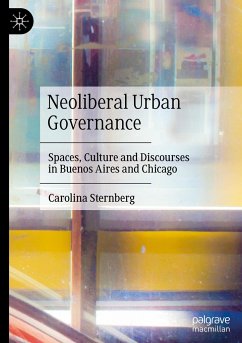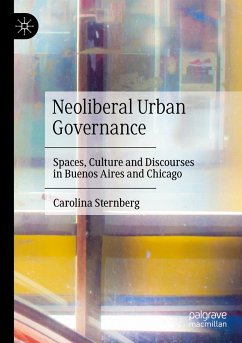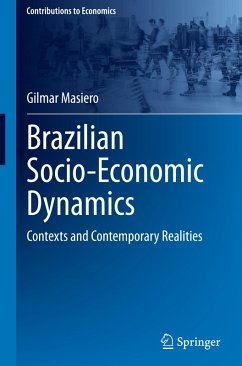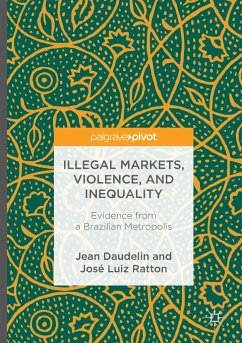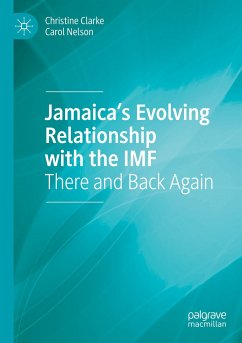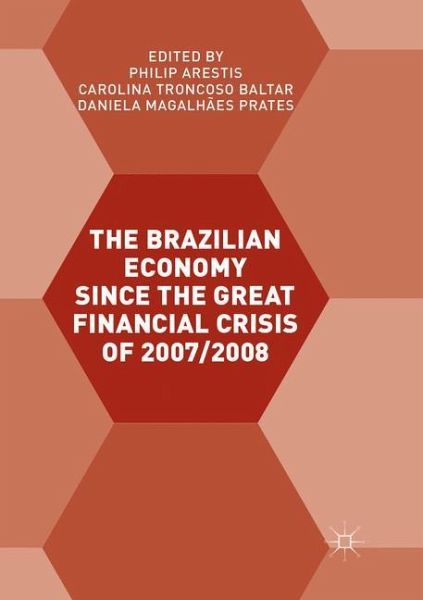
The Brazilian Economy since the Great Financial Crisis of 2007/2008
Versandkostenfrei!
Versandfertig in 6-10 Tagen
76,99 €
inkl. MwSt.

PAYBACK Punkte
38 °P sammeln!
This book examines the performance of the Brazilian economy since the Great Financial Crisis of 2007/2008 with focus on both the productive and financial dimensions, along with distributional and social issues. The book will bring to light the causes of the fast recovery over 2009-2010 as well as of the slowdown after 2011. The chapters use econometric approaches and traditional Keynesian and post-Keynesian theories to empirically analyse the macro scenario. They explore monetary policy, fiscal policy, alongside discussion of investments and the exchange rate market, and an analysis of social ...
This book examines the performance of the Brazilian economy since the Great Financial Crisis of 2007/2008 with focus on both the productive and financial dimensions, along with distributional and social issues. The book will bring to light the causes of the fast recovery over 2009-2010 as well as of the slowdown after 2011. The chapters use econometric approaches and traditional Keynesian and post-Keynesian theories to empirically analyse the macro scenario. They explore monetary policy, fiscal policy, alongside discussion of investments and the exchange rate market, and an analysis of social policy and its impact on the economy.




